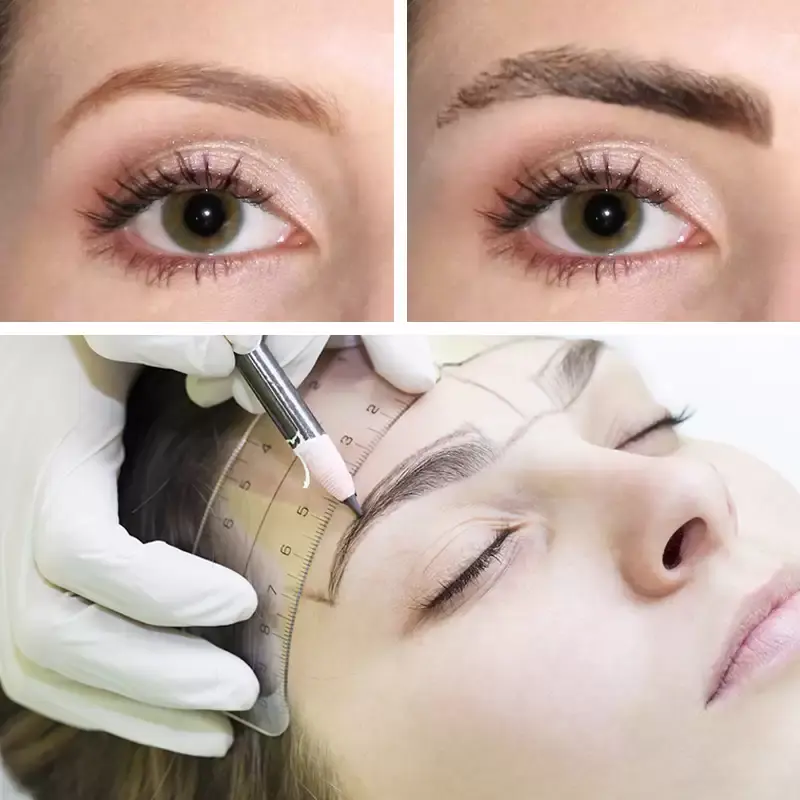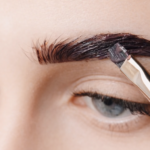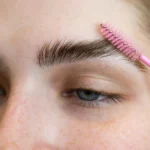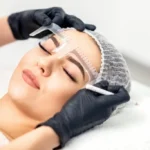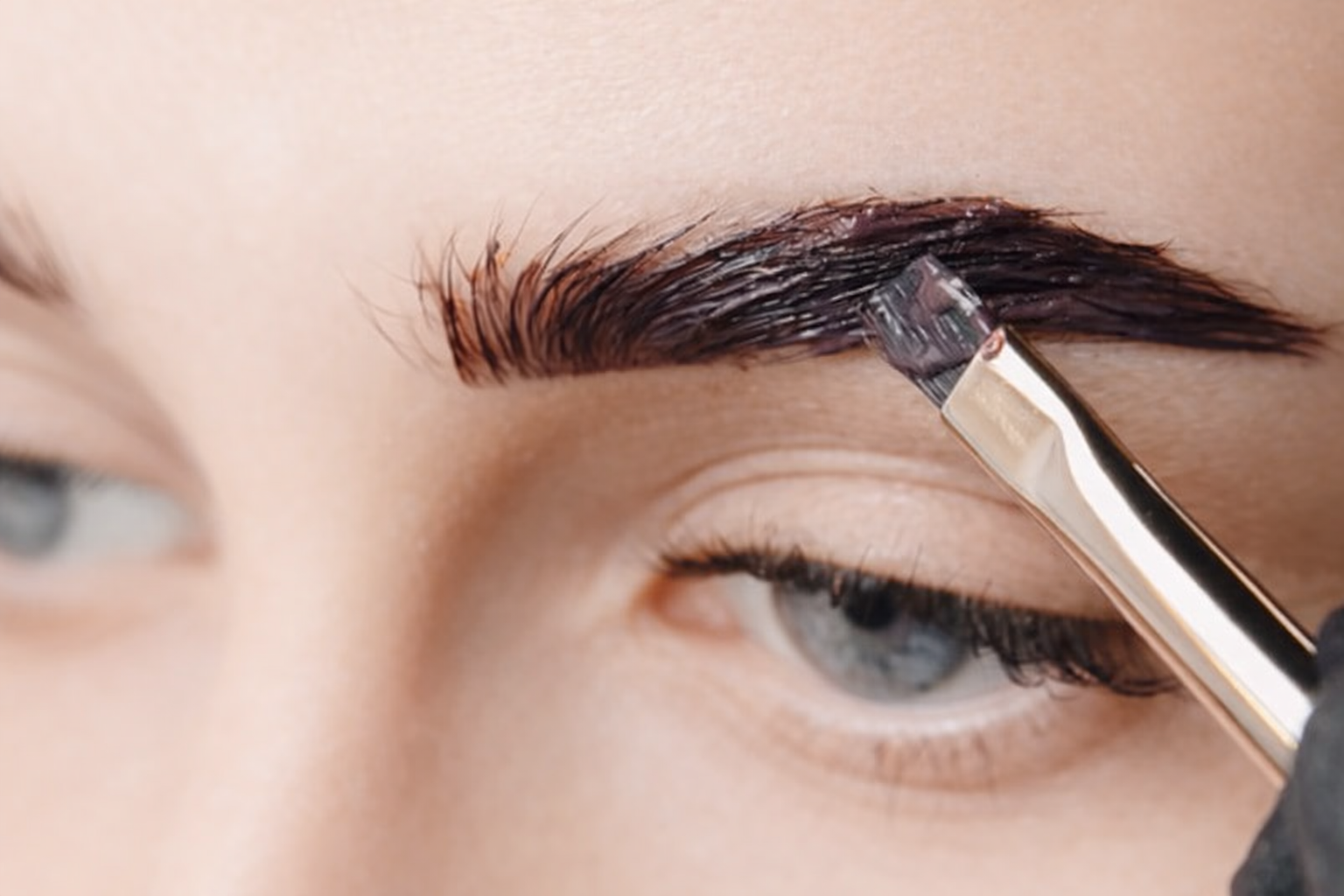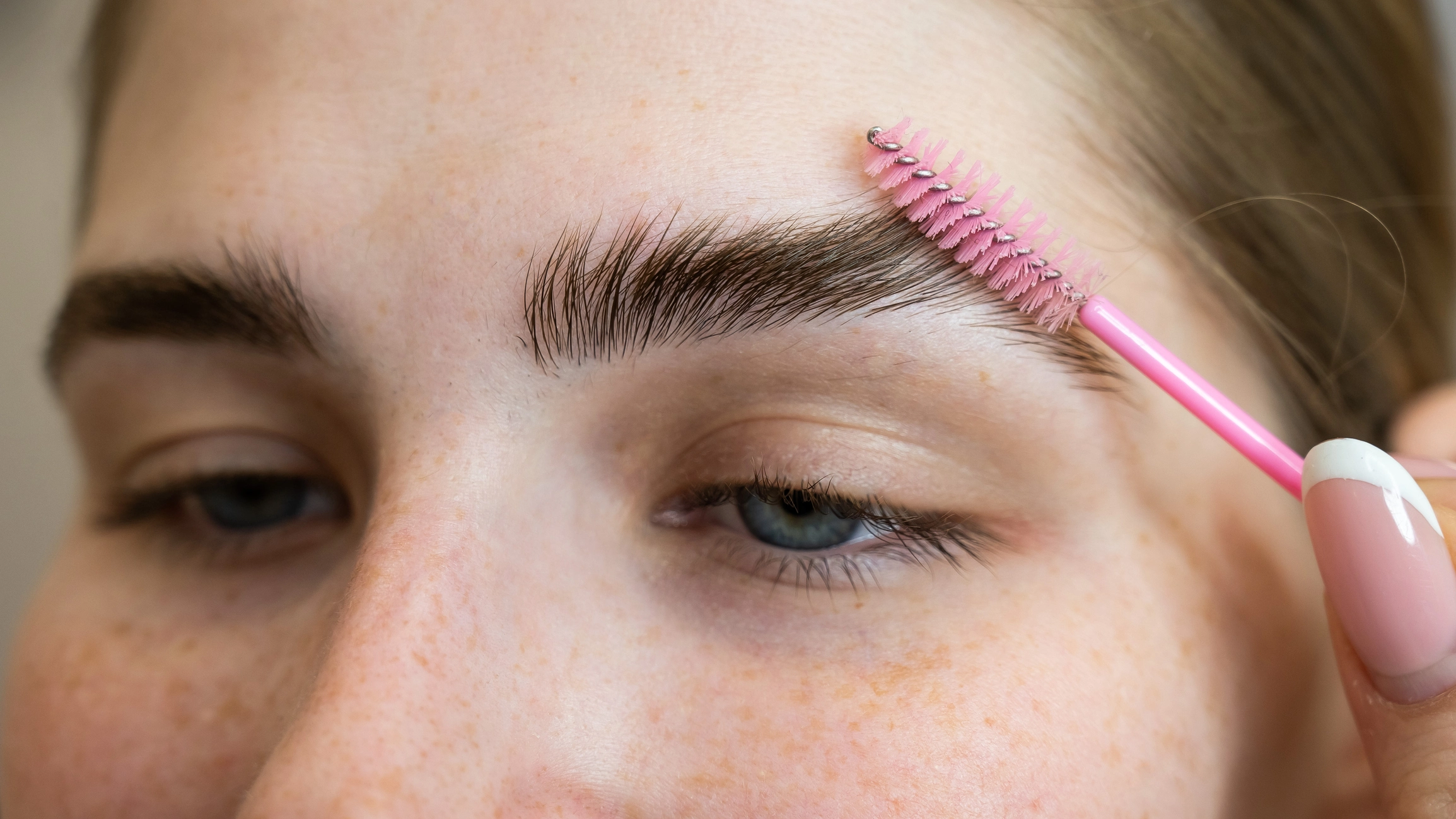Table of Contents
ToggleHair loss can be a distressing experience, especially when it’s linked to medications like phentermine. Dr. Kopelman, a leading expert in hair restoration, understands the concerns of individuals dealing with hair thinning caused by weight loss treatments. In this guide, he provides insights into why phentermine may lead to hair loss and offers practical solutions to address this issue effectively.
Understanding Phentermine and Hair Loss
Phentermine: What It Is and How It Works
Phentermine is a prescription medication used as an appetite suppressant to help individuals lose weight. It is classified as a weight loss drug and is often prescribed to those with obesity or significant body weight concerns.
Phentermine affects the central nervous system. It reduces hunger and boosts energy levels. This helps users lose weight quickly.
The medication can help with weight loss. However, it is usually given for a short time because of possible side effects. It is often used with diet and exercise to make it more effective. This makes it a key part of many weight management programs.
As an appetite suppressant, phentermine helps users focus on their weight loss goals by reducing cravings. However, its impact on the body extends beyond weight loss, with potential side effects that may influence hair health.
Understanding the balance between benefits and risks is essential for anyone considering phentermine as a weight loss solution.
Can Phentermine Lead to Hair Thinning?
.jpg)
One common side effect of phentermine is hair thinning. While not every user experiences this, some individuals report noticing hair loss during their treatment.
Rapid weight loss or lack of nutrients can affect hair follicles. This is common when using weight loss drugs like phentermine.
Additionally, hormonal changes induced by the drug can also lead to hair loss. These changes can disrupt the normal growth cycle of hair, resulting in increased shedding.
The link between phentermine and hair thinning may also stem from stress-related factors. The physical and mental demands of losing weight, combined with the medication’s stimulating effects, can exacerbate hair loss.
For many, the challenge is to balance the positive effects of weight loss with the unintended consequences on hair health.
How Phentermine Affects Hormones and Hair Health
Phentermine can impact hormone levels, which play a crucial role in maintaining hair growth. Changes in hormones, combined with stress and diet changes, can weaken hair follicles, leading to shedding.
Hormonal fluctuations may also affect the scalp’s environment, making it less conducive to healthy hair growth.
If you are experiencing hair thinning, it is essential to consult a healthcare professional to address these concerns and explore potential remedies, such as nutritional supplements or hair care adjustments.
Key Questions About Phentermine and Hair Loss
Does Phentermine Cause Hair Loss in Women?
Yes, women may experience hair loss as a side effect of phentermine. The combination of hormonal fluctuations, nutritional deficits, and stress can exacerbate the problem.
This is particularly true for those using Acxion pills or other phentermine-based medications. Women’s hair loss may also be linked to differences in hormone sensitivity, making them more prone to this side effect.
Will Hair Regrow After Stopping Phentermine?
In most cases, hair regrowth is possible after discontinuing phentermine. However, recovery depends on addressing the underlying causes, such as restoring nutritional balance, managing stress, and supporting hair follicles with proper care.
Hair regrowth may take several months, as the scalp needs time to recover from the disruptions caused by phentermine.
What Medications Commonly Cause Hair Loss?
Apart from phentermine, medications like blood pressure drugs, antidepressants, and certain hormones are known to lead to hair loss.
It is important to review your medication regimen with a healthcare professional if hair thinning becomes a concern.
Combining this review with lifestyle changes, such as a balanced diet and regular exercises, can help mitigate the effects of medication-induced hair loss.
Why Does Phentermine Cause Hair Loss?
Nutritional Deficiencies From Weight Loss
Rapid weight loss often leads to nutritional deficiencies, which can weaken hair follicles. Essential nutrients like iron, zinc, and biotin play a critical role in hair health, and their depletion can result in hair thinning.
Diet restrictions or insufficient nutrient intake during a weight loss program can exacerbate these deficiencies, making it vital to monitor nutrient levels. Nutritional support is crucial to counteract the side effects of phentermine.
Incorporating foods rich in vitamins and minerals can help maintain hair health, even during a period of rapid weight loss.
Consultation with a nutritionist may further enhance the effectiveness of your weight loss strategy while protecting your hair.
Stress and Its Impact on Hair Shedding
Weight loss journeys can be stressful, and phentermine’s stimulating effects may add to the mental and physical strain.
Elevated stress levels can disrupt the natural hair growth cycle, causing hair to shed prematurely. Chronic stress can also impair the body’s ability to absorb and utilize nutrients effectively, compounding the problem.
Managing stress through relaxation techniques, adequate sleep, and regular exercises can alleviate some of the strain on your hair follicles.
Stress management not only supports hair health but also enhances overall well-being, making it an integral part of any weight loss program.
Hormonal Changes Induced by Phentermine
Phentermine can disrupt hormonal balance, leading to temporary hair thinning. These changes may affect the body’s ability to support healthy hair growth, resulting in noticeable hair shedding during the treatment period.
Hormonal shifts can also influence other bodily functions, making it essential to monitor overall health while using the medication.

Working closely with a healthcare professional can help address hormonal imbalances and mitigate their effects on hair and overall health. Tailored interventions, such as hormone therapy or dietary adjustments, may provide additional support.
Don’t Forget to Explore Other Possible Causes of Hair Loss
-> Does Anesthesia Cause Hair Loss?
-> Does Metformin Cause Hair Loss?
-> Does Mounjaro Cause Hair Loss?
-> Does adderall cause hair loss?
->Can hair gel cause hair loss?
->Does dandruff cause hair loss?
-> Does wearing a hat cause hair loss?
Preventing and Managing Hair Loss on Phentermine
Top Tips to Prevent Hair Thinning
- Incorporate regular exercises and a balanced diet to support overall health.
- Focus on nutrient-dense foods to counteract potential deficiencies.
- Use gentle hair care products to minimize further damage to hair follicles.
- Stay hydrated to prevent dry mouth, another common side effect of phentermine, which can indirectly affect scalp health.
Foods and Supplements for Hair Growth
Foods rich in protein, omega-3 fatty acids, and vitamins like B7 and D can promote hair growth. Supplements like biotin and collagen may also help strengthen hair and reduce thinning. Including leafy greens, nuts, and fish in your diet can provide the nutrients needed for robust hair growth.
Best Practices for Healthy Hair During Weight Loss
Maintain a consistent diet and exercise regimen to reduce stress on your body. Limit the use of heat styling tools and harsh chemicals, and consider consulting a dermatologist for targeted treatments.
Routine scalp massages and the use of essential oils may further enhance hair health.
Comparing Phentermine to Other Medications
Phentermine vs. Adipex: Which Causes More Hair Loss?

Adipex is a branded version of phentermine and shares similar side effects, including hair loss. The extent of hair thinning often depends on individual health factors rather than the brand of the medication.
Monitoring your health and adjusting your treatment plan as needed can help manage these effects.
Comparing Hair Loss Risks Across Weight Loss Medications
Other weight loss drugs, such as those containing orlistat or liraglutide, may also pose a risk to hair health. Phentermine, however, is more likely to lead to hair loss due to its appetite suppressant and hormonal effects. Each medication has unique risks, making personalized medical advice crucial.
FAQs About Phentermine and Hair Loss
How Common Is Hair Loss With Phentermine?
Hair loss is not a universal side effect, but it is a documented concern for some users. Factors like rapid weight loss, stress, and individual health conditions play a significant role.
Awareness of these factors can help users make informed decisions about their weight loss journey.
Can Hair Loss Be Reversed After Phentermine?
Yes, hair loss can often be reversed by addressing nutritional deficiencies, reducing stress, and supporting hair regrowth with proper care. Early intervention is key to minimizing long-term effects.
Does Phentermine Affect Hair Growth Long-Term?
For most users, hair growth returns to normal after stopping the medication. However, prolonged use without proper nutritional support may lead to more permanent hair thinning. Regular follow-ups with a healthcare provider can ensure a smoother recovery.
How Kopelman Hair Can Help You With Hair Loss
At Kopelman Hair, we specialize in advanced hair restoration techniques to help you regain a youthful and confident appearance. Dr. Kopelman and his team provide tailored solutions for those struggling with hair loss caused by medications like phentermine or other factors. With cutting-edge hair transplant procedures, we can address your unique needs and restore hair growth effectively.
Dr. Kopelman’s expertise ensures a personalized approach to every case. By focusing on your specific hair loss pattern and overall health, we develop a plan that maximizes results. Whether you’ve experienced hair thinning due to phentermine, stress, or other factors, our innovative treatments can make a transformative difference.
If you’re dealing with hair thinning or loss, schedule a consultation with Kopelman Hair today. Let our expertise guide you on the path to healthier, fuller hair. With our advanced methods and compassionate care, you can take the first step toward restoring your confidence and achieving lasting hair growth.



